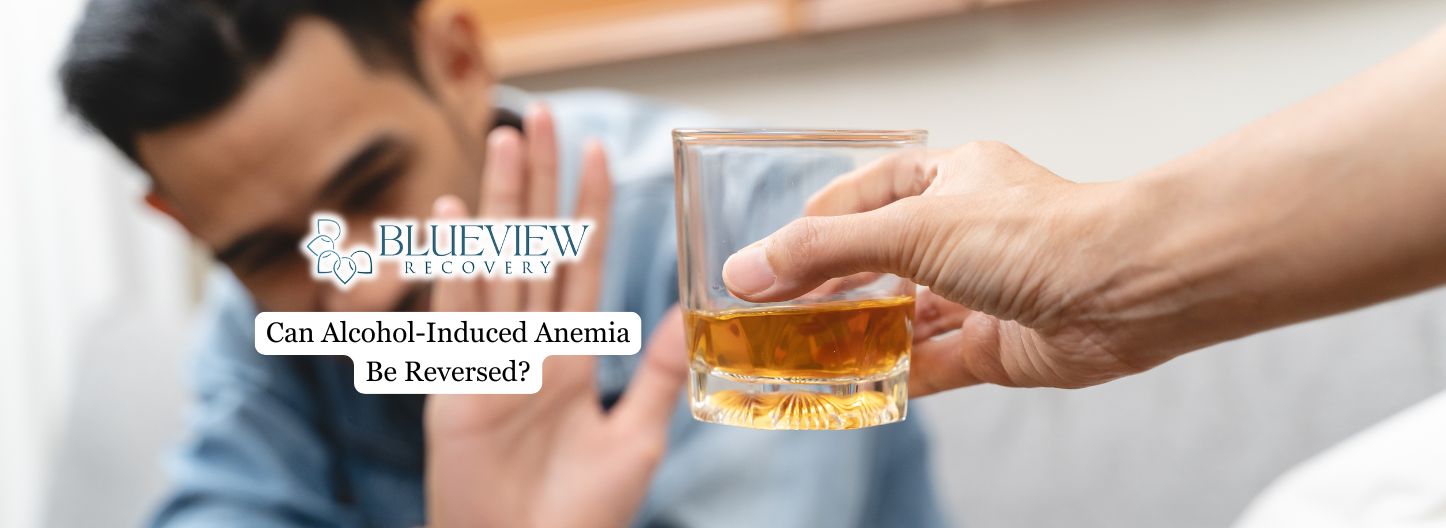When addressing a substance use disorder, individuals seeking addiction treatment have various treatment options available. Two prevalent approaches are outpatient treatment (OP) and intensive outpatient treatment (IOP). While both types of outpatient approaches can yield positive outcomes as treatment for substance use, they exhibit differences in terms of intensity, structure, and time commitment.
In this article, we’ll explore the differences between inpatient and outpatient programs, outpatient and intensive outpatient programs, their advantages and disadvantages, the reasons for participating in such programs, and how they differ from inpatient or residential treatment.

What is Outpatient Treatment?
Outpatient treatment represents a method of care for individuals dealing with drug addiction that allows them to reside at home while attending scheduled therapy sessions at designated treatment facilities. The outpatient addiction treatment approach is typically appropriate for individuals with mild to moderate substance use challenges or who have completed a residential program or are transitioning from a more intensive treatment program.
Outpatient substance abuse treatment generally consists of various therapeutic modalities, including individual and group therapy sessions, complemented by educational sessions focused on addiction and mental health issues. The specific structure of outpatient services can vary widely, but it typically includes several hours of counseling and therapy each week.
This schedule is designed to accommodate individuals’ various responsibilities, including work, school, and family commitments.
While this kind of treatment offers less intensive levels of treatment compared to residential, inpatient care, or partial hospitalization programs, research indicates that the appropriate level of care one gets from traditional outpatient therapy can effectively address substance use disorders.
What is Intensive Outpatient Treatment?
Intensive outpatient treatment is a personalized treatment plan designed for individuals with moderate substance use disorders. Intensive outpatient programs offer a higher level of care than standard outpatient programs while still allowing clients to maintain their home life. IOP typically consists of 9-19 hours of treatment per week, which may include individual therapy, group therapy, and educational sessions on behavioral health.
The primary aim of IOP is to provide more frequent and intensive therapeutic support compared to traditional outpatient options, making it suitable for individuals who require intensive care and additional resources but don’t necessitate 24/7 supervision over the course of treatment.
Substance use treatment plans are often tailored to address both the substance use issues and any co-occurring mental health conditions. Intensive outpatient care utilizes evidence-based therapeutic approaches and provides a structured environment, which can aid individuals in their recovery process.
Key Differences Between OP and IOP
Intensity and Time Commitment
Outpatient Programs typically involve fewer and shorter sessions, usually 1 to 3 times per week, each lasting 1 to 2 hours, allowing individuals to maintain a flexible schedule that accommodates work, school, or family commitments. In contrast, Intensive Outpatient Programs require a significantly greater time commitment, often involving 3 to 5 sessions per week, each lasting 2 to 4 hours, providing a more rigorous and immersive treatment experience designed for deeper therapeutic engagement.
Level of Structure and Support
IOP offers a higher level of structure and support, including a comprehensive mix of individual therapy, group counseling, different discussions, family sessions, and, in some cases, medical or psychiatric care. This intensive approach provides increased accountability and monitoring, which is especially beneficial for those with moderate to severe substance use disorders or those transitioning from inpatient care. OP, on the other hand, offers a more flexible and less structured environment, primarily focused on counseling and education, which is suitable for individuals with milder conditions or those with strong support systems.
Target Patient Populations
OP is generally best suited for individuals with mild to moderate substance use issues who require ongoing support but can manage their recovery with less frequent treatment and have stable home environments. IOP is targeted toward those needing more intensive care, such as people with moderate to severe addiction, co-occurring mental health disorders, or those stepping down from residential treatment, offering a balance between comprehensive therapy and the ability to live at home.

Why Should You Choose an IOP or OP?
Choosing Intensive Outpatient Programs or standard Outpatient Programs over residential, partial hospitalization, or inpatient addiction treatment programs offers several advantages, primarily centered on maintaining daily life responsibilities and flexibility.
Unlike in an inpatient treatment facility, where the individual has to live at the treatment center for some time, IOP and OP enable individuals suffering or recovering from substance abuse and mental health disorders to live in a home treatment setting. This approach allows them to continue work, school, and family commitments while receiving addiction treatment, structured therapy, and support, often resulting in positive treatment outcomes.
The OP or IOP schedule encourages individuals with substance use disorders to apply coping skills in real-world settings, promotes personal responsibility, and often provides a more private treatment experience. As a plus, outpatient options tend to be more cost-effective and less disruptive than inpatient programs, making them ideal for those with mild to moderate addiction issues or those in transition from inpatient or residential treatment programs.
How to Choose Between OP and IOP
Choosing between outpatient (OP) and intensive outpatient programs (IOP) involves studying the different factors that influence the recovery process. Key considerations include the severity of the mental health and addiction treatment requirements, and the home environment.
For individuals with a mild addiction and a supportive home setting, outpatient treatment generally may be adequate. In contrast, those with more significant addiction issues or who need greater structure in their recovery may benefit from an intensive outpatient program.
IOP allows a dual purpose; it can be a transitional phase following treatment in an inpatient rehab, or a more intensive approach for those stepping up from standard outpatient care, depending on the individual’s recovery stage.
The choice between OP and IOP should involve consultation with addiction professionals who can provide guidance based on the severity of the individual’s addiction, any accompanying mental health issues, and their ability to fulfill personal responsibilities.
A professional assessment can provide valuable insights into which level of care may be most suitable based on individual circumstances, thus guiding a more informed decision regarding the treatment path.
Final Thoughts from Blueview Recovery
Both Outpatient (OP) and Intensive Outpatient (IOP) treatment programs are established approaches for addressing substance use disorders. By receiving care through an individualized treatment plan in a supportive environment that doesn’t disrupt your daily responsibilities, you can make meaningful progress while staying connected to your everyday life.
Blueview Recovery’s personalized Outpatient (OP) and Intensive Outpatient (IOP) programs in Philadelphia, PA are guided by a compassionate team of health professionals that provide the structured, evidence-based therapy and support you need to build lasting coping skills, all while allowing you to continue your day-to-day activities.





